Acknowledging the challenges of health access and provision in rural areas, the RRR Committee is driving health equity and emergency care access in regional, rural and remote areas as a priority for the College.
The RRR Committee reports to the Council of Advocacy, Practice and Partnerships (CAPP).
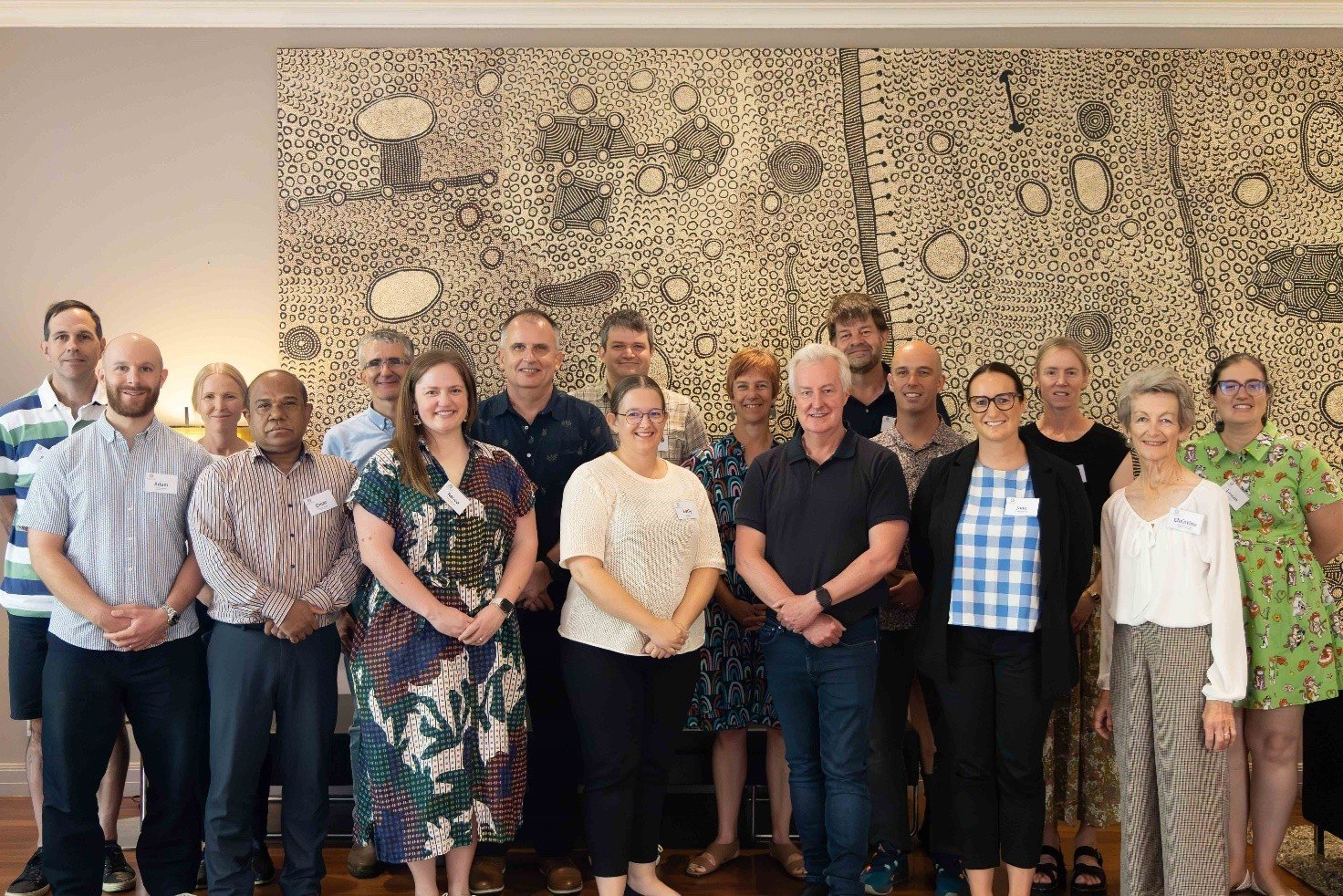
Photo taken at ACEM, West Melbourne, 11 March 2025.
Back row, left to right: Robert Worswick, Kirsty Jackson, Rodney Whyte, Gregory Hollis, Robert Nayer, Nicole Liesis, Tim Baker, Juan Ascencio-Lane, Rachael Luckie, Lauren Kennedy.
Front row, left to right: Adam Gunner, Omar Faraque, Renee Pearman, Karly Field, Stephen Gourley, Jane Armstrong, Christine Edwards.
Not pictured: Lucy-Anne Tolcher, Sophie Parnham.
The RRR Committee plays a key role in advancing the College’s core advocacy priority of workforce and rural health equity. It provides expert advice and, where appropriate, contributes directly to the development and review of ACEM policies, position statements, and guidelines that aim to influence systemic improvements in rural health and workforce distribution across Australia and Aotearoa New Zealand.
One of the RRR Committee's central functions is to provide leadership and oversight in the implementation of the College’s Rural Health Action Plan. In doing so, it works in collaboration with relevant College entities to define and strengthen ACEM’s role in driving initiatives that enhance health outcomes and workforce sustainability in regional, rural and remote (RRR) areas.
The RRR Committee also partners with ACEM’s Education and Training Department to support and promote education and training resources tailored to the unique needs of trainees undertaking ACEM training programs in RRR settings. This includes identifying opportunities to improve the quality and experience of training in these environments.
Through representation on the College’s Workforce Committee, the RRR Committee supports the ACEM Board in its governance responsibilities, particularly in areas such as forecasting workforce needs, addressing workforce maldistribution, monitoring ACEM trainee numbers, and responding to jurisdictional workforce challenges.
Additionally, the RRR Committee contributes to the oversight of ACEM’s National Program via its role on the National Program Steering Committee, ensuring activities are aligned with rural health priorities.
Externally, the Committee represents the College’s position on rural health equity through active participation in the National Rural Health Alliance and keeps ACEM informed of developments and outcomes from alliance meetings. It also engages with external stakeholders, including other specialist medical colleges, on issues of mutual interest, as directed by CAPP and/or the ACEM Board.
This integrated approach positions the RRR Committee as a central contributor to the College’s broader efforts to advance equity in emergency care access and delivery across regional, rural and remote communities.
RRR Committee Members 2025/26
-
Juan Ascencio-Lane – RRRAC Chair | Ex-officio: Deputy Chair, Council of Advocacy, Practice and Partnerships | FACEM (TAS)

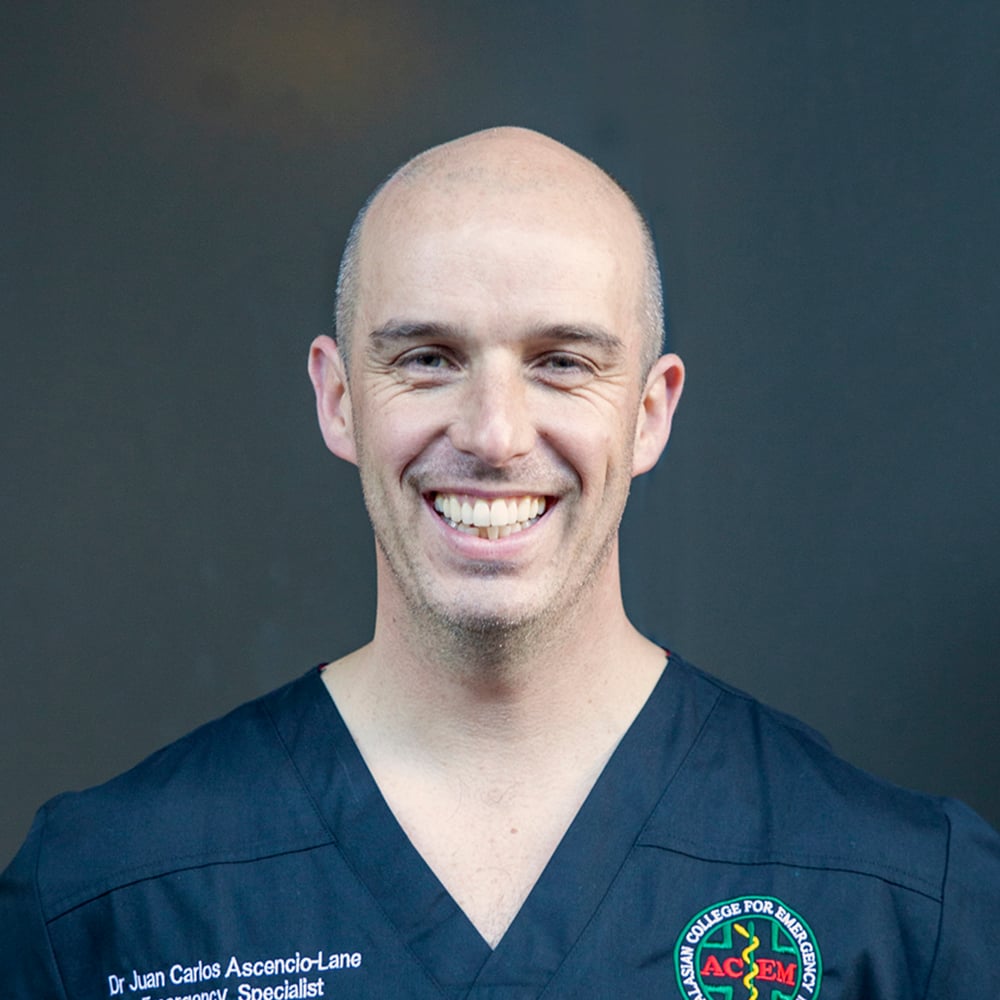 |
Juan was born in Mexico and five years later moved to the country of his mother’s heritage, Ireland. He went to University College Dublin to undertake his medical degree. After completing his internship, he moved to Aotearoa New Zealand to take advantage of the impressive outdoor activities where he lived for three years before moving to Tasmania.
Juan completed his EM training at the Royal Hobart Hospital, where he also he met his wife.
Juan now works within the Tasmanian Health Service and is also completing his Fellowship in diving and hyperbaric medicine. Juan's career passion is nurturing future doctors and ensuring that EM continues to grow.
Outside of work, Juan spends time with his ever-growing family and enjoys any sport.
|
-
Lauren Kennedy – RRRAC Deputy Chair | FACEM (SA)

|
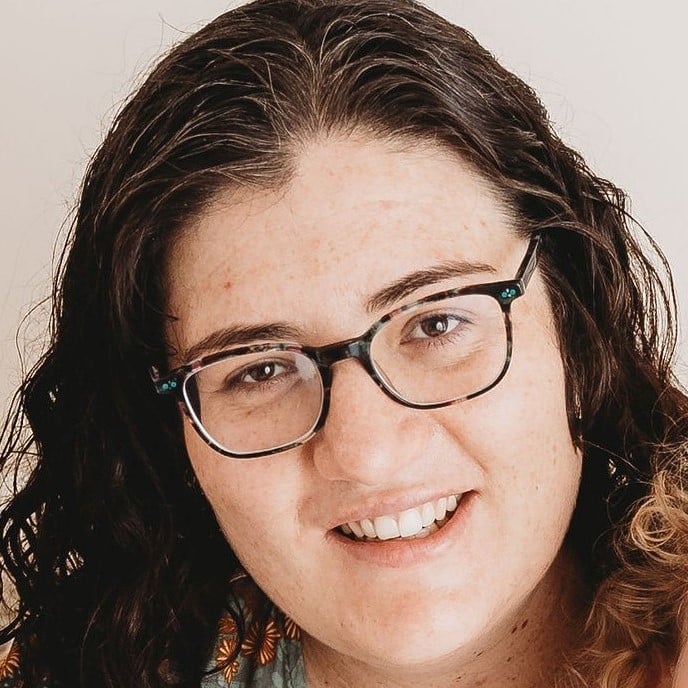
|
Lauren Kennedy is an Emergency Medicine Specialist at Mount Gambier and District Hospital, in the Limestone Coast Local Health Network, and is a Clinical Educator in Rural Training Pathways at Flinders University.
Lauren is a new Fellow who has trained primarily in southern Adelaide completing her medical degree at Flinders University, and the majority of her FACEM training at Flinders Medical Centre, with rotations at Mildura Base Hospital, MedSTAR Kids and the Royal Adelaide Hospital. Lauren has a Diploma in Clinical Education and plans to extend this to a Masters by research in the coming years.
Lauren has interests in clinical education at the clinical undergraduate and vocational level, including a particular interest in the use of simulation and gamification techniques, as well as assessment practices. Lauren is also passionate about strengthening the rural workforce and supporting doctors to return to workforce after the addition of children to their household. Lauren's clinical and academic roles give an insider's view of these issues and are avenues for advocacy.
When not at work Lauren is spending time with her family including two young children and exploring the Limestone Coast.
|
-
Adam Gunner – FACEM Trainee Member (NSW) 

|

|
Adam is an Emergency Medicine advanced trainee based in Coffs Harbour. He is also a Fellow of the Royal Australian College of General Practitioners and holds a Fellowship in Advanced Rural General Practice.
He completed his medical degree in Cardiff, Wales, before seeking warmer climes. He has since worked in Queensland, New Zealand, and the Mid North Coast of New South Wales, where he now lives with his young family.
Adam joined the RRR Committee in 2025 and is committed to strengthening training pathways and support systems for rural-based trainees and junior doctors.
Outside of medicine, he values time spent in nature and in the kitchen.
|
-
Christine Edwards – Community Member (TAS) 

|

|
Christine is an experienced CEO, Board Director, and community representative. Christine holds board appointments in health and medical research, and community appointments on committees for the Australian Medical Council, and three committees of ACEM.
Christine has worked in remote locations in the Pilbara in Western Australia where she developed an interest in how isolation impacts on services and communities and has also worked in Victoria and Tasmania.
Christine has post-graduate qualifications in public sector management, health administration, and publishing and editing. Christine is also a graduate of the Australian Institute of Company Directors.
Christine is the Community Member on the Rural, Regional and Remote Committee.
|
-
Gregory Hollis – FACEM (NSW) 

|
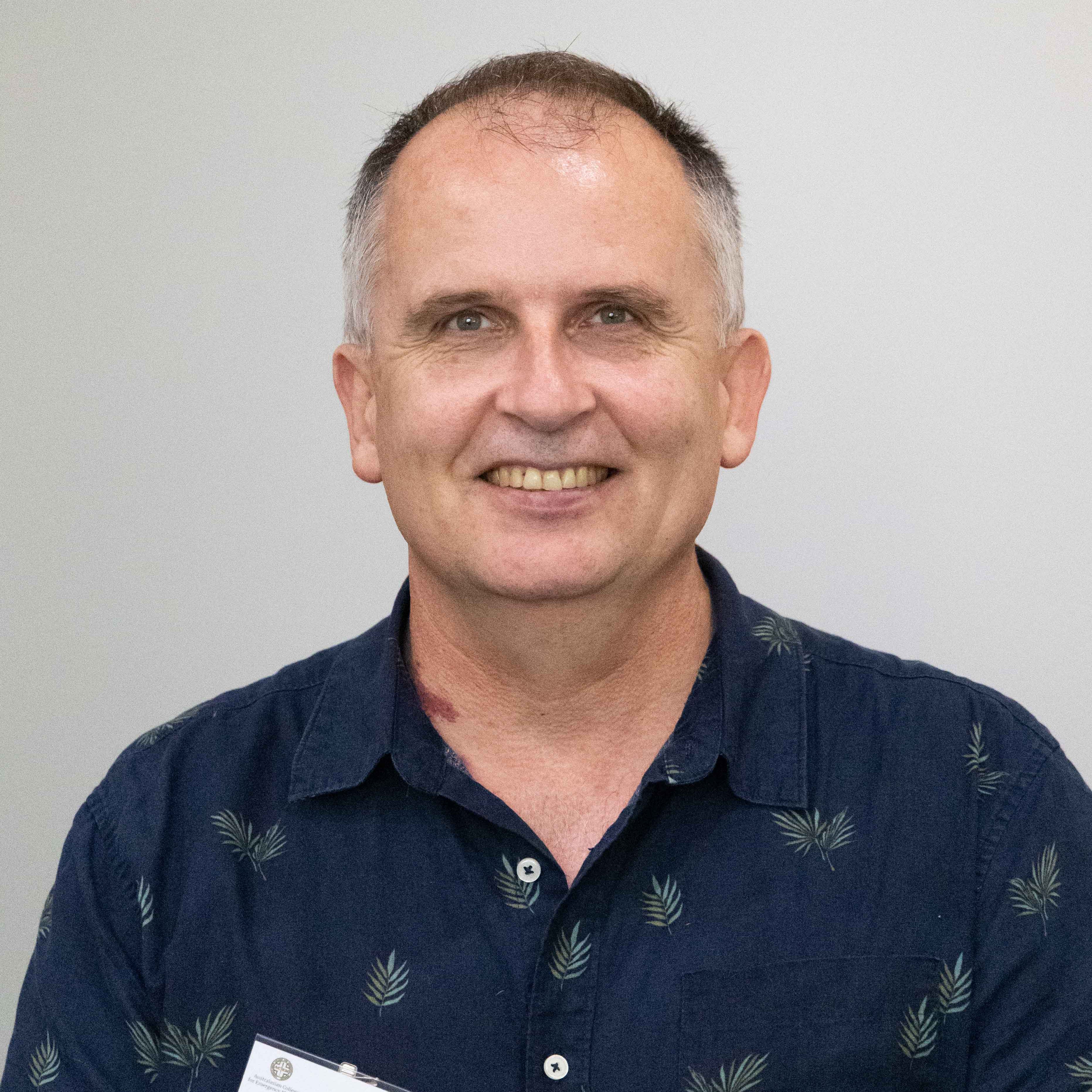
|
Greg is an experienced and clinically active FACEM with regional and rural clinical and non-clinical experience. He is currently working in several part-time roles: ED in Canberra, aeromedical retrieval in the ACT and Southern NSW, District Medical Lead for Emergency Medicine in Southern NSW, and VCare FACEM for Western NSW LHD.
Previously a tertiary ED Director for over 7 years, Greg has also spent time working in and leading change for regional and rural EDs in Southern and Western NSW. Greg previously worked as state-wide retrieval consultant for NSW MRU, in aeromedical retrieval in Sydney and London, as the DonateLife ACT Deputy Director, is an APLS instructor, Director and Coach, and has interests in mentoring, coaching, and regional patient flow and transport systems.
Greg was the first ACEM trainee to win both the primary (Jo Epstein) and fellowship (Buchanan) prizes, and had previous ACEM roles on the MOPS Committee and the Prehospital Care Subcommittee.
|
-
Jane Armstrong – FACEM (NSW) 

-
Karly Field – FACEM (NSW) 

|
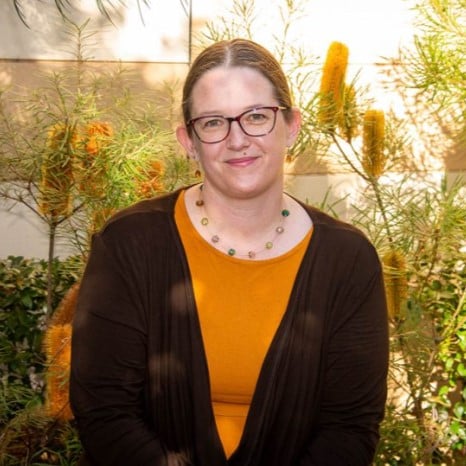
|
Karly is a Staff Specialist in Emergency Medicine at Coffs Harbour Base Hospital, and the Director of Macksville Emergency Department, on the Mid North Coast of NSW. Karly grew up in Nambucca Heads, a small beachside town fifteen minutes from the ED where she is now Director. Karly left this beautiful part of the world to attend medical school which she completed at the University of Adelaide. Returning to her hometown to practice as a specialist has been the driving force behind her desire to support and promote rural emergency medicine.
Karly travelled extensively after completing her internship at the Royal Adelaide Hospital, and after two years as a JMO at the Mater Misericordiae University Hospital in Dublin, the Republic of Ireland, Karly returned to Australia to commence an Emergency Medicine career at the Townsville University Hospital in Far North Queensland. Karly completed training mainly at rural and regional hospitals, with the majority of time spent at Coffs Harbour Base Hospital. Karly completed rotations at the Tweed Hospital in Northern NSW, and a Special Skills term at Macksville District Hospital. During this time Karly was a Trainee member on the Rural, Regional and Remote Committee.
After attaining Fellowship in 2017, Karly commenced work as one of the first FACEMs at Macksville District Hospital and became the Director of the Department in 2019, just in time for some of the biggest challenges the department ever faced. Karly has been the Medical Lead for the Coffs Clinical Network EMET program since 2019, and is currently a member of the ACEM EMCDAD Working Group. Karly works with the Mid North Coast LHD Australian Medical Council WBA program and is an Associate Professor and Head of Campus for Charles Sturt University Rural Clinical School at their Northern Rivers Campus.
Karly’s interests lie in developing a strong, sustainable rural, regional and remote workforce and believes in equitable health care across all geographical areas and across the entire socio-economic spectrum. Karly hopes to achieve this by encouraging rural students to pursue a career in health, supporting medical education and training in rural and regional health services, and through mentorship of students, trainees, and geographically isolated medical officers.
|
-
Kirsty Jackson – FACEM (VIC) 

-
Lucy-Anne Tolcher – FACEM (QLD) 

|

|
Lucy-Anne is an Emergency Physician based in Toowoomba, Queensland. Lucy-Anne grew up in Mackay, Queensland and completed her studies at James Cook University. It was here her passion for rural and regional medicine was fostered going on to complete most of her training in rural and regional centres.
Lucy-Anne is a passionate advocate for health equity, social justice and wellbeing, and has completed additional studies to foster growth and improvement in regional centres.
Lucy-Anne joined the Regional, Rural, and Remote Committee to continue to advocate for equality.
|
-
Omar Faruque – FACRRM Representative (NSW) 

-
Nicole Liesis – FACEM (WA) | National Rural Health Alliance Representative 

|

|
Nicole has worked across Qld, WA and overseas in remote, rural, regional, urban district, metropolitan tertiary and virtual settings. Living in Boorloo (Perth) her current work focus is regional WA.
Nicole is passionate about reducing inequity of both access and quality for all that seek emergency care. Nicole believes that Aboriginal and Torres Strait Islander concepts of social and emotional wellbeing grounded in connection to country, community and culture are fundamental to health. Focusing upon cross-cultural communication, strengths-based coaching, antiracism, and facilitative leadership Nicole’s vision is to embrace the strengths of many cultural perspectives to improve healthcare delivery.
Nicole’s ACEM involvement includes Mentoring Reference Group (Chair), Indigenous Health Committee, RAP Steering Group, and WA Faculty Deputy Chair.
|
-
Rachael Luckie – FACEM (NZ) | Hauora Taiwhenua Rural Health Network Representative 

|
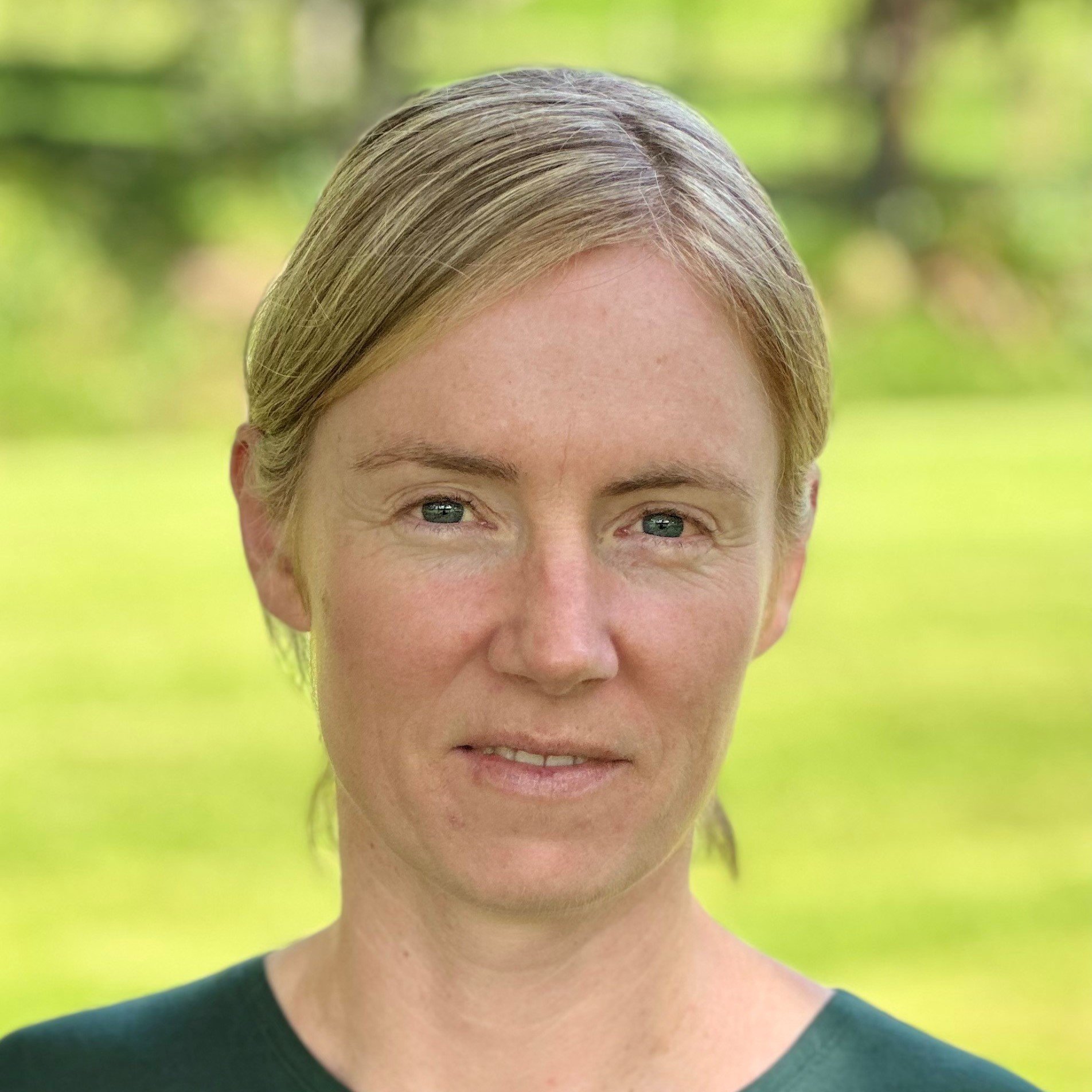
|
Rachael grew up in the Hauraki District before pursuing medicine at the University of Auckland. Rachael received an Institute of Rural Health Undergraduate Scholarship in her trainee intern year.
Emergency Medicine seemed like the obvious choice for Rachael who enjoys variety and being on a first-name basis with her nursing, allied health and administrative team members.
Rachael trained in Emergency Medicine primarily at Waikato Hospital but has also worked at a number of regional and metropolitan sites across New Zealand.
Since 2018 Rachael has been working as an Emergency Physician at Thames Hospital and has a small FTE at Waikato Hospital.
Rachael is passionate about improving health equity for rural communities in Aotearoa New Zealand.
Rachael joined the Rural, Regional and Remote Committee in 2022.
|
-
Renee Pearman – FACEM (NSW) 

|
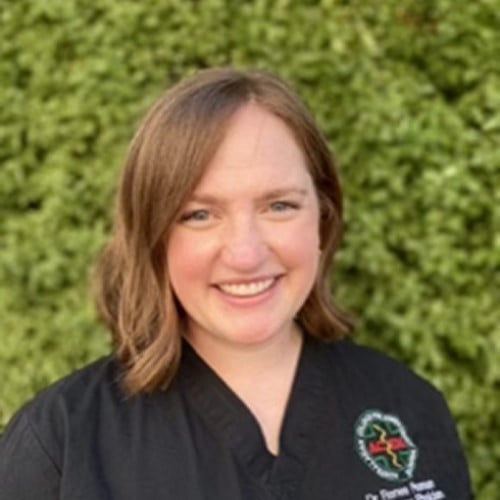
|
Renee is an Emergency Physician living and working on Wiradjuri country in NSW. Since completing medical school at the University of Sydney, she has trained in Emergency Medicine around regional NSW, Sydney, and the Northern Territory. Having developed a passion for regional Emergency Medicine, Renee now works clinically at Orange and Dubbo Health Services and holds a teaching position with the University of Sydney’s School of Rural Health. Renee has held positions on Trainee Progression Review panels as both a Trainee and a Fellow, and is a member of ACEM’s Rural, Regional and Remote Committee.
Renee is passionate about providing excellent, compassionate, equitable clinical care to patients in rural areas, as well as advocating for regional clinicians to access high quality training and sustainable work environments.
|
-
Robert Nayer – FACEM (QLD) 

-
Robert Worswick – FRACGP Representative (ACT) 

|

|
Bob is a Rural Generalist and a former Army doctor. He is a Fellow of the Australian College of Rural and Remote Medicine, a Fellow of the Royal Australian College of General Practitioners and holds a Fellowship in Advanced Rural General Practice.
During his Rural Generalist training Bob worked as a GP Registrar in Barcaldine, Ingham and Townsville; and as a Registrar in the Canberra Hospital ED, during which time he completed the Advanced Diploma in Emergency Medicine. He now works as a medical officer providing clinical care and clinical leadership in Australian Defence Force health facilities. He also provides locum support in the ED of a rural Queensland hospital and, time permitting, works as a CMO in the Canberra Hospital ED.
Bob is a Director on the Board of the Australian College of Rural and Remote Medicine (ACRRM) and has served on several of the College’s Committees. He has a genuine desire to improve Rural Generalist training and education.
|
-
Rodney Whyte – Certificant Member (VIC) 

-
Sophie Parnham – DRHMNZ Representative (NZ) 

-
Stephen Gourley – ACEM President (NT) 

|
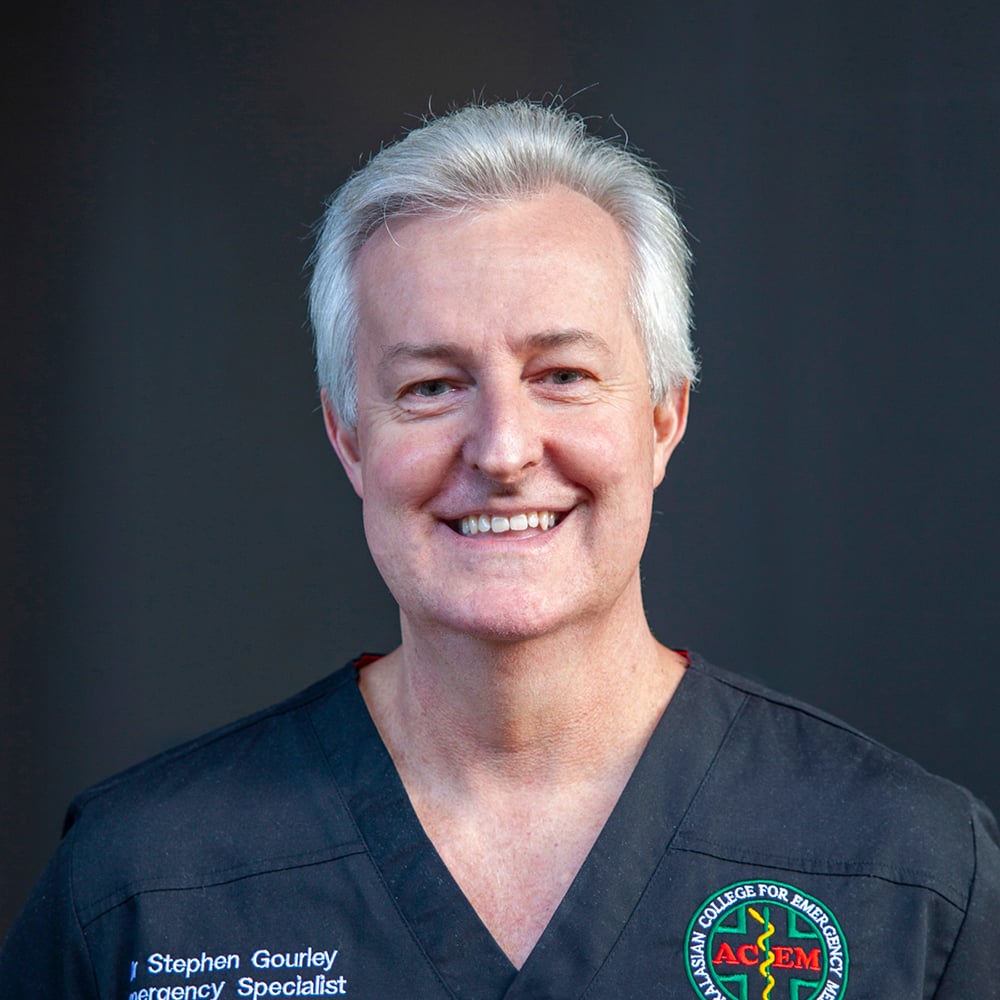
|
Stephen was born on the Gold Coast, but then travelled to Vancouver Canada where he did his primary school education. He picked up a strong Canadian accent, which has since diminished to a slight twang now. He returned to the Gold Coast for his high school education and then studied at the University of Queensland, Brisbane.
He did his first few years at the Royal Brisbane Hospital. He was initially interested in Ophthalmology and was offered a position as the first Ophthalmology PHO at the Gold Coast Hospital, Southport. On his first day there, he was told there was not enough work to sustain a full time position in Ophthalmology and was given two days a week in the Emergency Department.
He worked every Saturday and Monday for a few years while also covering Ophthalmology and studying. Over that time, he decided that he preferred the unpredictability of the emergency department. You never know what you are going to get through the door and it’s a great feeling being able to manage a wide range of conditions.
After spending a wonderful time at the Gold Coast Hospital, he did some locum work and explored Australia. He ended up filling in for the DEM at Alice Springs Hospital, covering her maternity leave.
She then resigned and he was asked to stay, and did. So what was supposed to be a three month stint has lasted over eight years. In that time he has been actively involved in a range of ACEM committees as well as being involved in other bodies, such as the AMA, National Rural Health Alliance and NT Clinical Senate.
He loves surfing and snow skiing - perfect hobbies for someone living in a desert.
|
-
Tim Baker – FACEM (VIC) | Ex-officio: Chair, National Programs Steering Committee

|
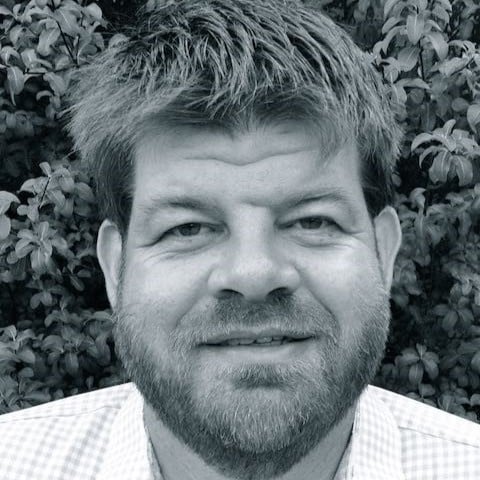
|
Tim lives and works as an emergency physician on the South West coast of Victoria. Tim is the Director of Deakin University’s Centre for Rural Emergency Medicine.
Tim has found ACEM committees to be an effective way to support and advocate for rural emergency care and joined the Rural Regional and Remote Committee in 2022 and was previously a member from 2012 to 2020.
Tim is the current chair of the National Program Steering Committee, and previously the chair of the Emergency Medicine Certificate and Diploma Committee.
|